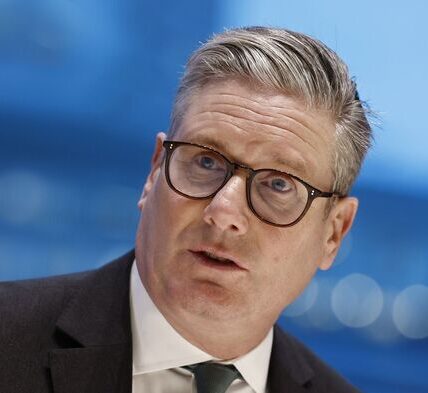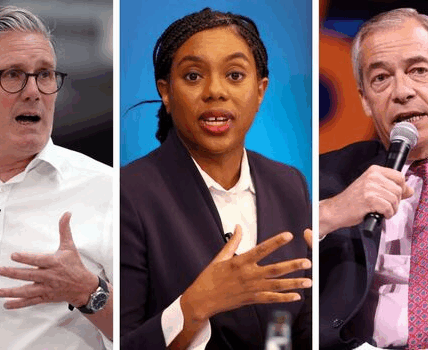HMRC has issued the warning to people thinking about withdrawing their pension early

Savers have been warned certain pension payments could trigger three tax charges (Image: GETTY)
HMRC has issued a warning to savers with private pensions who might be tempted to dip into their funds early. The tax authority cautioned that early access could be tax avoidance through pension liberation and unauthorised payments, potentially triggering three separate tax charges totalling 55% of any withdrawal.
Taking to X, the department alerted Brits: “Thinking of dipping into your private pension pot early? It could be tax avoidance and could cost you a lot more than you think. Don’t get caught out.”
HMRC guidance clarifies that any funds withdrawn from your private pension must satisfy specific criteria to be deemed authorised within the tax system.
Any payment failing to meet these requirements will consequently be classified as an unauthorised payment.
This encompasses scenarios such as pension payments continuing beyond the person’s death and lump sum withdrawals to access pensions before age 55, barring exceptional circumstances.
The authority cautioned: “Unscrupulous firms are using misleading information to promote personal loans or cash incentives and enticing savers to unlock their pension pots early.
“Very often these firms say there is a legal loophole they can use so you do not pay tax. There is no legal loophole and these transactions are unauthorised payments.”
”
People who make an unauthorised payment from their private pension will face three tax charges:
- unauthorised payments charge
- unauthorised payments surcharge
- scheme sanction charge
The first tax hit comes at a flat rate of 40%. The second sting in the tail is a 15% charge if the member receives an unauthorised payment of 25% or more of their pension pot in a year.
This means that the single transaction could carry a total tax charge of 55%.
Both are payable by the member of the pension scheme or whoever is responsible for the fund if the member has passed away. This applies even if they aren’t the ones who pocketed the money.
The final charge must be coughed up by the scheme administrator and is levied at 40%. Administrators can apply for this charge to be waived if it is not just and reasonable for them to foot the bill, known as a ‘good faith’ protection.

